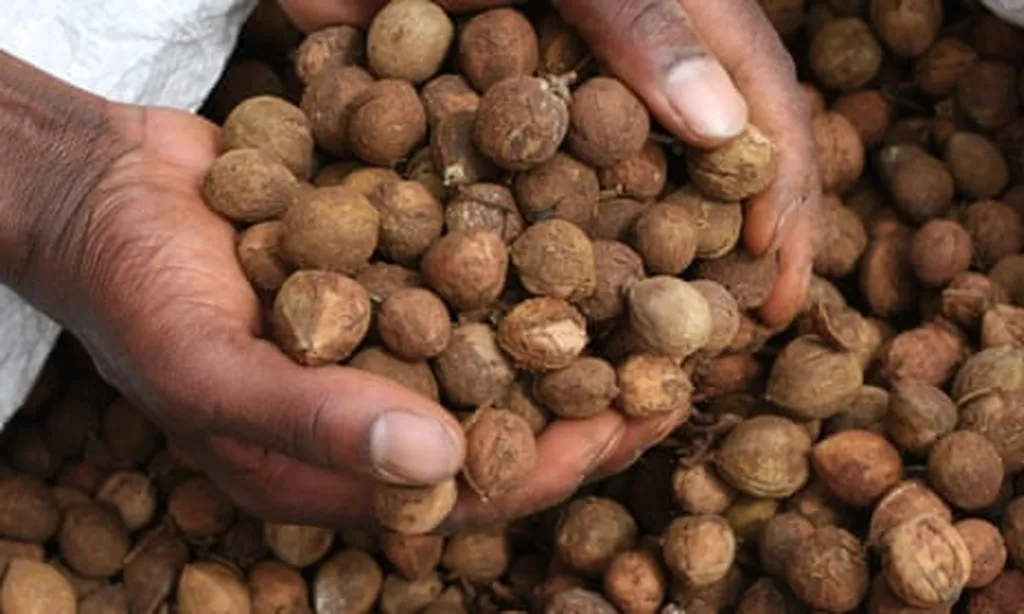In the heart of Brazil’s agricultural revolution lies a promising solution to a global dilemma: how to feed a growing population while mitigating climate change. This solution, known as carbon farming (CF), is gaining traction as a nature-based approach to sequester carbon and boost food production simultaneously. A recent study published in the ‘Journal of Agriculture and Food Research’ (or ‘Journal of Agriculture and Food Research’ in English) sheds light on Brazil’s successful implementation of CF and its potential to inspire similar transformations in Africa.
Dr. Chukwudi Nwaogu, a soil scientist from the Department of Soil Science at the “Luiz de Queiroz” College of Agriculture, University of São Paulo, and the Department of Environmental Management at the Federal University of Technology in Nigeria, led the research. He and his team explored the misconception that CF opposes food security, demonstrating that both can be achieved hand in hand through integrated agricultural systems (IAS).
The study highlights Brazil’s agricultural evolution, emphasizing the agroecological similarities between Brazil and Africa. “Brazil’s success in transforming its food systems through integrated, low-carbon agricultural policies makes it a relevant model for tropical regions like Africa,” Dr. Nwaogu explained. The research maps Brazil’s food security projects across Africa, identifying driving policies, challenges, and prospects for improving food security on the continent.
The implications for the energy sector are significant. As the world shifts towards low-carbon economies, carbon farming presents an opportunity for energy companies to invest in sustainable agricultural practices. By supporting CF initiatives, energy sector stakeholders can contribute to food security while reducing their carbon footprint.
The study also underscores the importance of South-South cooperation, with Brazil playing a pivotal role in supporting Africa’s agricultural reforms. “This study aims to awaken and reinvigorate the zeal in stakeholders in Africa to follow Brazil’s footsteps in developing their agricultural reforms to be self-reliant in providing enough food for Africans,” Dr. Nwaogu stated.
As the world grapples with the dual challenges of climate change and food security, Brazil’s carbon farming model offers a beacon of hope. By learning from Brazil’s experiences and leveraging agroecological similarities, Africa can pave its path towards sustainable agriculture and food security. The study’s findings, published in the ‘Journal of Agriculture and Food Research’, provide a roadmap for stakeholders to navigate this complex landscape and drive meaningful change.
In the words of Dr. Nwaogu, “The future of food security lies in our ability to integrate low-carbon agricultural practices into our food systems. Brazil’s success story is a testament to this, and it’s time for Africa to write its own chapter.” As the energy sector continues to evolve, investing in carbon farming could be a game-changer, fostering a sustainable future for all.

